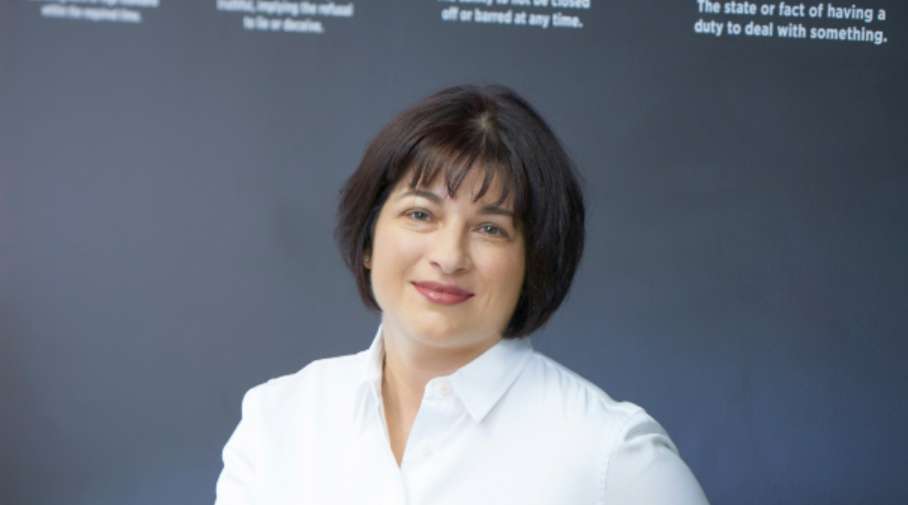e4’s recent Girls in STEM programme is a demonstration of how working together can create change.
e4 CFO Adri Führi believes that the fintech specialist’s recently launched Girls in STEM programme is a “vivid demonstration of how CFOs, CIOs and HR executives can work together to achieve a meaningful outcome”.
Cognisant of the gender imbalance present in the science and technology industries worldwide, and particularly in sub-Saharan Africa, e4 approached Melisizwe Computer Lab Project to help uplift underprivileged female youth and address this shortage of female participants in science, technology, engineering and mathematics (STEM) careers.
Adri explains that the programme aligns with e4’s resolve to improve the living standards of communities that were previously marginalised, and upskill South Africa’s youth for the digital age. “It aims to bring much-needed resources to society’s most vulnerable and marginalised groups.”
In a recent article Adri wrote for CFO South Africa, she explained that organisations can’t expect the gender gap to close on its own. “It is only through investment in girls’ education in STEM, with a focus on technology, that we will create a sustainable pipeline for future IT-qualified employees and leaders.”
As the CFO at e4, Adri is very involved with all socio-economic initiatives, from strategy to execution. “I want to ensure that our funding is spent on initiatives that will ensure the most benefit in our sector,” she says.
e4 HR and transformation executive Ntombi Mphokane echoes Adri’s passion for getting girls into technology. “With the rise of tech in today’s society, it is crucial that we invest more into STEM education for girls to be able to pursue a sustainable and meaningful career path,” she says.
With the digital age upon us and technology ever changing, Ntombi says that people are being left behind due to the lack of access to computers and associated skills. Many students have no access to computers and matriculate without knowing how to use one, or even how to type out a CV and apply for employment. “That is an issue that will only grow in time if not addressed now.”
Adri agrees, saying that digitalisation and the fourth industrial revolution cannot be ignored. “As CFOs in all industries, we have the opportunity to make a significant contribution by supporting initiatives such as this one that have actual measurable impact.”
Officially launched in August, Girls in STEM is an after-school programme designed to pique girls’ interest and motivate them to take up STEM subjects in Grade 10. The programme is currently recruiting girls from two different schools in Gauteng that Melisizwe Computer Lab Project has previously worked with.
Girls are selected based on their attitude and aptitude and given technical training in science, maths, engineering, end-user computing, software development and robotics. The programme will run from Grade 9 until the year after matric, whereafter the aim is that girls take up careers or further education in STEM.
Integral to the success of the programme is the mentorship offered by e4 personnel, like Adri and Ntombi, as well as other passionate women in the STEM industry.
Melisizwe Computer Lab Project founder and director Candice Kern-Thomas says partnerships such as this are imperative to change the status quo: “With youth unemployment at record highs and black women being the most vulnerable, we need more corporates to invest in the future of the youth, particularly in townships and rural communities, so the cycle of poverty can be alleviated.”










